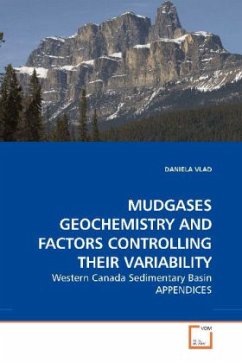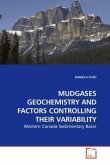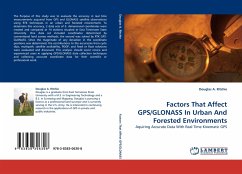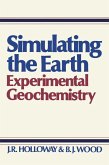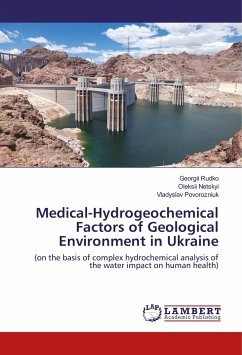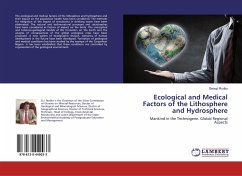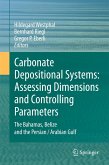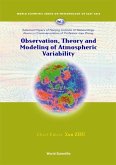Carbon isotope and molecular compositions of Cretaceous mudgases have been examined from several depth profiles across the undisturbed Western Canada Sedimentary Basin (WCSB). The complexity of the isotopic profiles shows numerous inflections and deviations of the carbon isotope values and wetness index with depth that suggest a correlation with the stratigraphic framework and can be explained in terms of the origin and alteration of the gases. However, combined evidence from a multidisciplinary approach suggests that isotopic variability of WCSB gases is only partly induced by source maturity. The main shifts of carbon isotope ratios are likely to be related to the physical properties of the rocks, differences between organic precursors, total organic carbon (TOC) content, gas biodegradation and mixing. Mudgas geochemistry is best employed in conjunction with petrophysical analysis and conversion into mineralogy, for defining details of transition zones and reservoir compartments
Bitte wählen Sie Ihr Anliegen aus.
Rechnungen
Retourenschein anfordern
Bestellstatus
Storno

